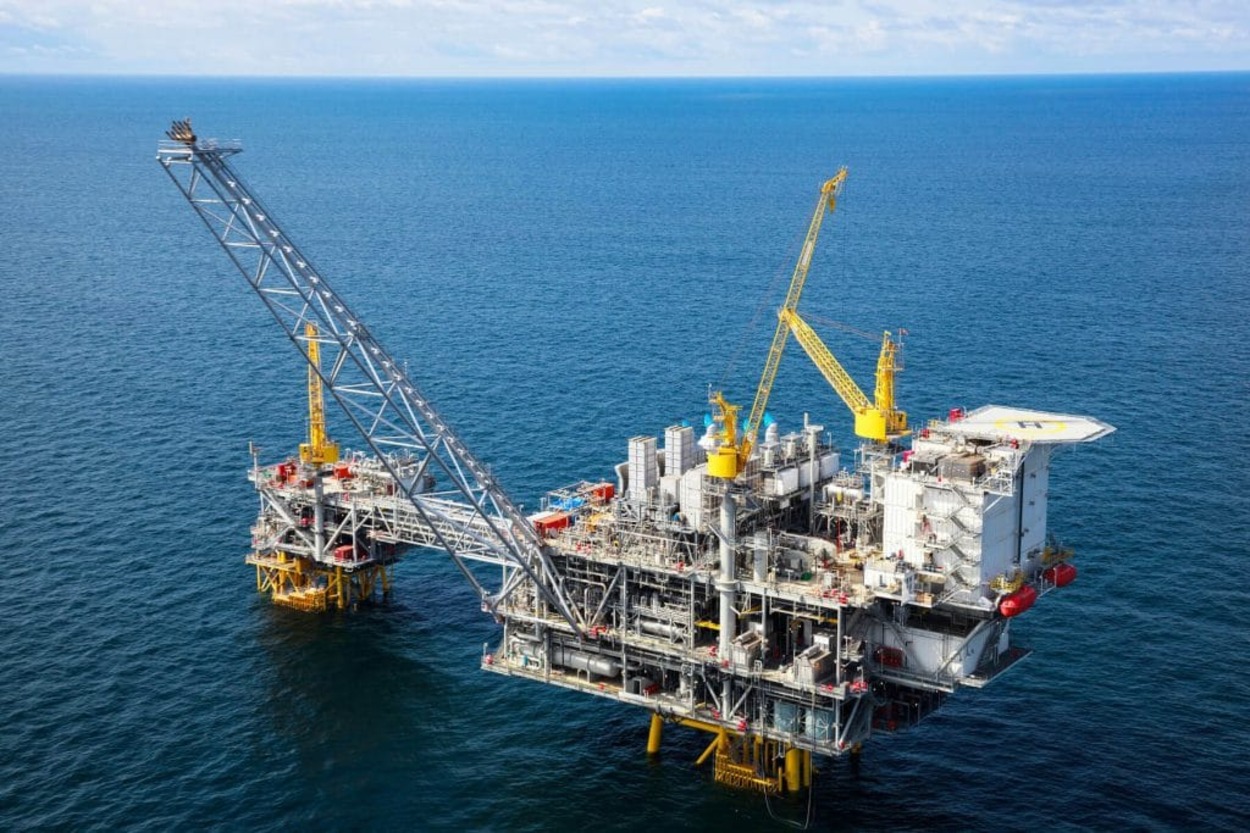Key Takeaways:
- Understanding the importance of regulatory compliance in offshore decommissioning.
- Exploring how decommissioning services facilitate adherence to regulations.
- Recognizing the benefits of professional decommissioning services for environmental and economic objectives.
- Evaluating the role of technology and innovation in achieving regulatory compliance.
Introduction
Adherence to regulatory standards is paramount in the complex field of offshore decommissioning. These regulations are established to ensure that decommissioning processes do not adversely affect the marine environment or compromise safety standards. As the lifecycle of offshore oil and gas infrastructure comes to a close, the dismantling, removal, and disposal of these facilities require precision, expertise, and compliance with many regulations. Offshore decommissioning services are vital in navigating these regulatory landscapes, ensuring that projects are executed efficiently, safely, and harmoniously with legal mandates.
Understanding Regulatory Compliance in Offshore Decommissioning
Regulatory compliance in offshore decommissioning is critical to protecting the environment, ensuring workplace safety, and upholding international and domestic maritime standards. Regulations are crafted by various bodies, such as environmental agencies and naval authorities, to oversee the proper execution of decommissioning activities. These laws dictate everything from initial planning to execution, assessment, and reporting after project completion.
Compliance involves rigorous documentation, adherence to safety protocols, and environmental conservation measures. Unfortunately, navigating these requirements can be challenging for stakeholders unfamiliar with the intricate demands of regulatory compliance. Fortunately, you can browse https://bluegrassbit.com/industries-we-serve/offshore-decommissioning/, which is designed to facilitate rigorous adherence to these regulations, easing the burden on companies and ensuring their decommissioning endeavors are compliant, efficient, and environmentally responsible.
The Role of Offshore Decommissioning Services in Meeting Regulations
Offshore decommissioning service providers are pivotal in guiding projects through the regulatory maze. They bring a wealth of expertise, including detailed knowledge of local and international requirements and the ability to apply it across various project phases. Service providers conduct site assessments, develop comprehensive decommissioning plans, and ensure all procedures adhere to the stipulated regulations.
Moreover, these services facilitate smooth remediation and disposal operations, aligning them with environmental guidelines to prevent harm to marine life and ecosystems. Their strategic handling of potential contaminants is designed to avoid accidental ecological degradation. By engaging in proficient decommissioning services, companies can confidently focus on achieving project goals without the looming threat of regulatory pitfalls.
Environmental and Economic Benefits
Meeting regulatory standards is not only about compliance but also about maximizing environmental and economic benefits. Decommissioning services employ cutting-edge technology and sustainable practices to minimize environmental impact, reducing the carbon footprint associated with large-scale deconstruction projects. Thoughtful execution ensures that marine biodiversity is preserved and ecological balance is maintained.
Adhering to regulations often leads to cost savings on the economic front. Companies can maintain financial health by avoiding fines, legal fees, and potential project delays associated with non-compliance. Successful decommissioning projects also free up valuable oceanic space for future developments, such as renewable energy projects or aquaculture, offering further economic opportunities.
Leveraging Technology and Innovation
Technological advances are crucial in offshore decommissioning, simplifying compliance, and enhancing project outcomes. Technology is employed at every stage, from the initial environmental impact assessments to the final steps of structure removal. Remote-operated vehicles (ROVs), 3D modeling, and AI-driven monitoring tools facilitate efficient, precise operations, ensuring safety and compliance.
These innovations allow for real-time monitoring and adaptive management of decommissioning activities, ensuring immediate response to any arising issues and compliance with dynamic regulatory requirements. Companies investing in technology-driven decommissioning solutions often see improved efficiency and reduced operational costs, further emphasizing the value of aligning modern technology with regulatory needs.
The Future of Offshore Decommissioning Services
The scope and complexity of offshore decommissioning are expected to expand as more offshore facilities end their operational life. This growth accelerates the need for advanced decommissioning services that deftly navigate the regulatory landscape. Providers incorporating sustainability, technology, and strategic foresight into their operations will be at the forefront, setting new standards for compliance and effectiveness.
As the industry evolves, collaboration among stakeholders, regulatory bodies, and decommissioning experts becomes increasingly critical. Together, they can identify best practices, streamline regulation compliance, and foster innovation that benefits the environment and economies.
Conclusion
Offshore decommissioning services are indispensable allies in meeting the rigorous regulatory standards to protect our marine environments and ensure the safe dismantling of offshore structures. Their expertise, enhanced by technological innovation, facilitates legal compliance and drives sustainable and economically viable outcomes. As the industry grows and changes, the synergy between decommissioning service providers and regulatory bodies will remain essential in overcoming challenges and capitalizing on opportunities. By choosing proficient decommissioning services, companies can confidently approach their decommissioning projects, knowing they contribute positively to both the ecology and the economy.













